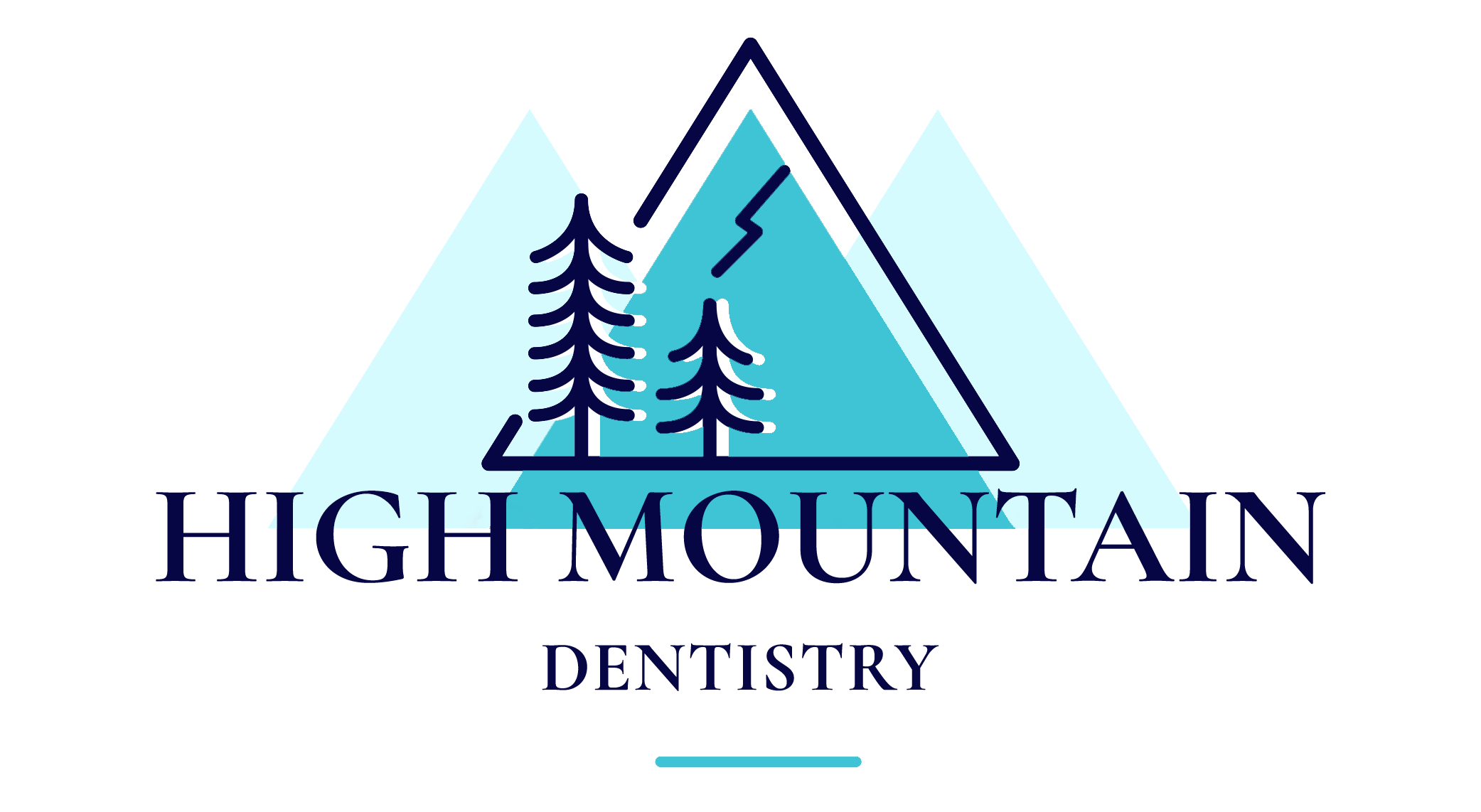
Top 5 Dental Hygiene Tips for a Healthy Smile in 2025
Maintaining a healthy smile is essential for overall well-being, confidence, and preventing oral health issues like gum disease and tooth decay. As we step into 2025, it’s important to refine your dental hygiene routine with modern insights and tried-and-true practices. Here are five top tips for maintaining a radiant, healthy smile this year.
1. Brush Smarter, Not Harder
Brushing your teeth effectively is the foundation of good oral health. Use a soft-bristled or electric toothbrush, and brush twice daily for two minutes each time. The American Dental Association recommends holding your toothbrush at a 45-degree angle to your gums and using gentle, circular motions. Electric toothbrushes are especially effective at removing plaque and are a great option for individuals with limited dexterity. Remember to replace your toothbrush every three to four months or sooner if the bristles fray.
Fluoride toothpaste is key to strengthening enamel and fighting cavities. Additionally, spend extra time brushing hard-to-reach areas, such as the back molars, to prevent plaque buildup. Don’t forget your gums and tongue, as these areas harbor bacteria that can cause bad breath and infections.
2. Floss Daily for a Complete Clean
Flossing is an essential step in maintaining oral health, yet many people overlook it. Brushing alone cannot remove food particles and plaque trapped between your teeth. Regular flossing prevents cavities and gum disease by cleaning these hidden areas.
Use dental floss, floss picks, or water flossers to fit your comfort and needs. Slide the floss gently between your teeth and along the gum line to avoid irritation. By making flossing a daily habit, you’ll not only improve your smile but also support your overall health, as poor gum health has been linked to systemic issues like heart disease.
3. Incorporate Mouthwash and Tongue Cleaning
Adding mouthwash to your routine is a simple way to kill bacteria, freshen your breath, and protect your teeth. Opt for an antimicrobial or fluoride-based mouthwash approved by the ADA. Swish for at least 30 seconds to cover all areas of your mouth, but remember that mouthwash complements brushing and flossing—it doesn’t replace them.
Additionally, clean your tongue daily. Your tongue can trap bacteria and food debris, contributing to bad breath and other oral health problems. Use a tongue scraper or the back of your toothbrush to gently scrape your tongue from back to front.
4. Adopt a Mouth-Friendly Diet
Your diet plays a major role in your oral health. Minimize sugary and acidic foods, such as candy, soda, and citrus fruits, as they can erode enamel and increase the risk of cavities. Instead, focus on nutrient-rich foods like leafy greens, nuts, dairy, and crunchy vegetables like carrots and apples. These promote strong teeth and gums by providing essential vitamins and encouraging saliva production, which helps neutralize harmful acids.
Stay hydrated with fluoridated water, as it helps rinse away food particles and bacteria while strengthening your teeth. If you consume sugary or acidic foods, drink water or chew sugar-free gum afterward to reduce their impact.
5. Commit to Regular Dental Visits
Even with a strong at-home routine, professional dental check-ups and cleanings are vital. Dentists can spot early signs of issues like cavities, gum disease, or oral cancer that might go unnoticed. A professional cleaning removes stubborn tartar and polishes your teeth, keeping your smile bright and healthy.
Schedule a dental visit at least twice a year, or more frequently if recommended by your dentist. If you have specific dental concerns, such as braces, sensitive teeth, or a history of gum disease, tailor your dental care routine with guidance from your dentist.
By incorporating these practices into your daily routine, you can maintain a bright and healthy smile throughout 2025. Remember, your oral health is connected to your overall well-being, so don’t underestimate the power of good dental hygiene.
Sources:
- Perspective Dental – Top 10 Dental Hygiene Tips
- Smile Design Dentistry – Effective Oral Hygiene Steps
- Teeth Talk Girl – Oral Hygiene Routine and Best Practices
At High Mountain Dentistry in North Haledon, NJ, we specialize in Invisalign solutions for you and your family. Dr. Michael Russo, D.M.D., has advanced his training and education including certification with Invisalign. If you’re interested in Invisalign or are due for a cleaning, please contact our office at 973-427-0300. You may also email us at office@highmountaindentistry.com, or find us on the web at www.highmountaindentistry.com. We’re always happy to help.
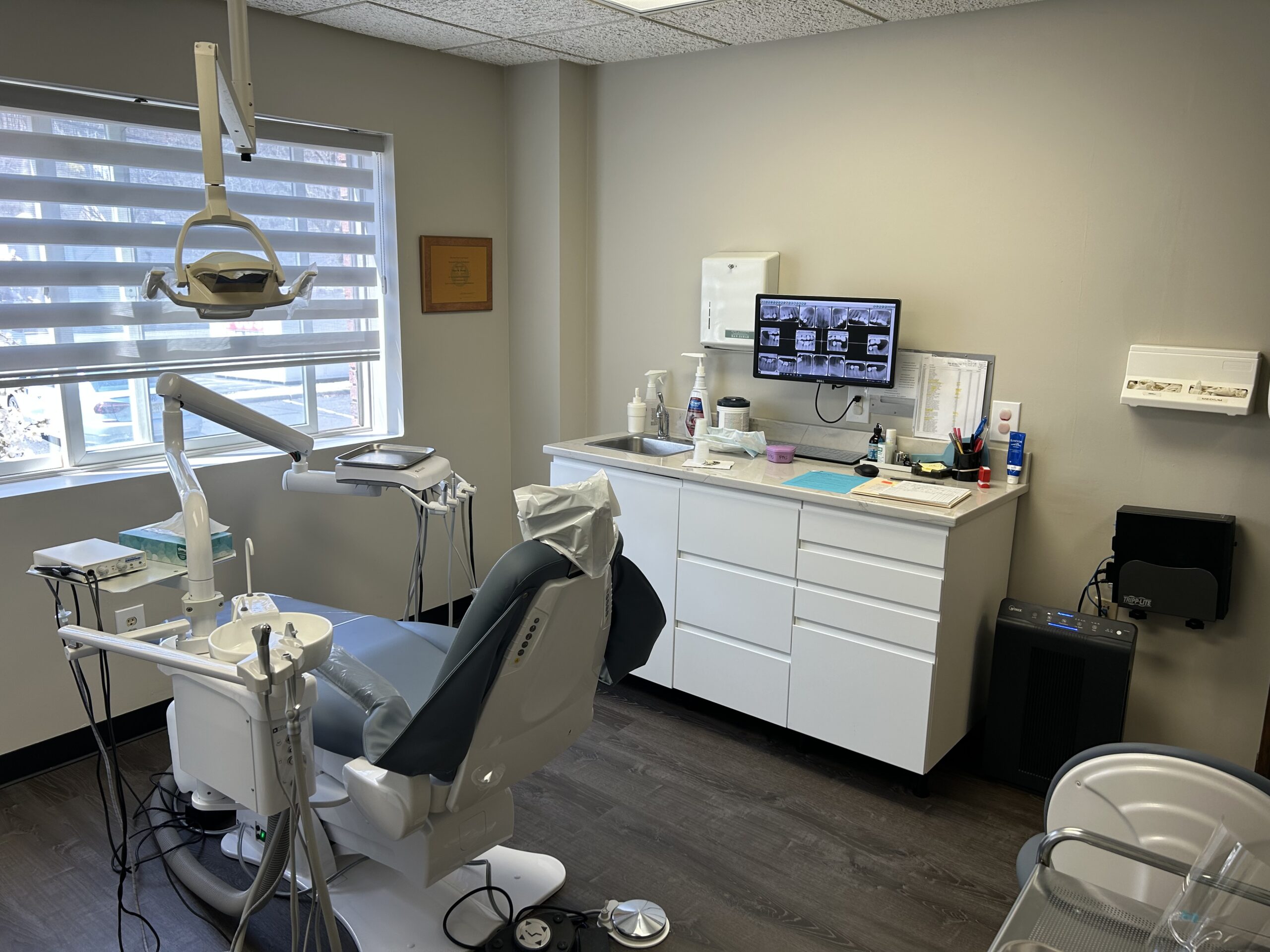
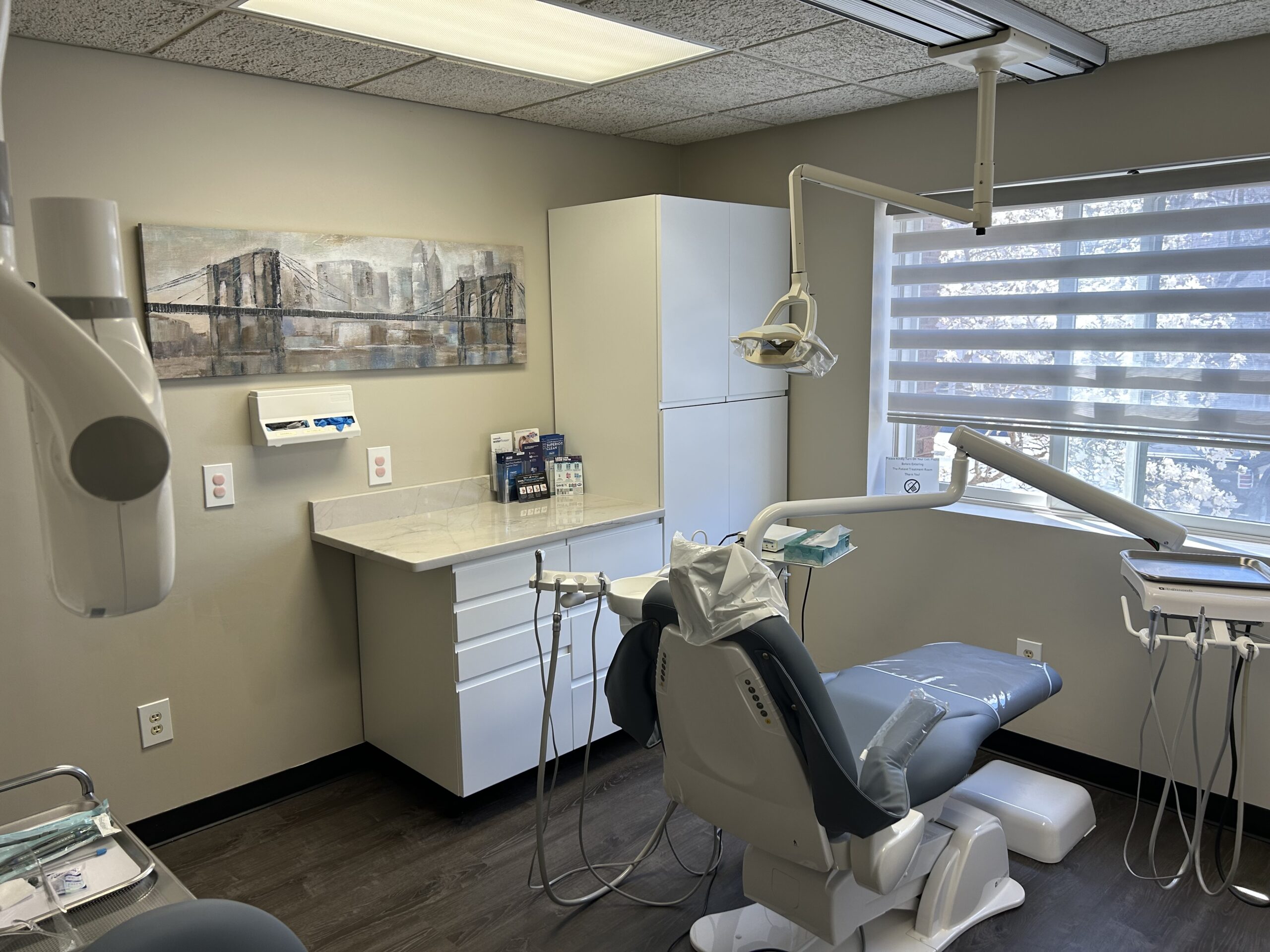
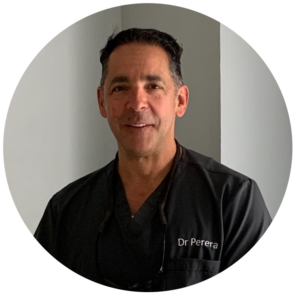
Dr. Peter M. Perera, D.M.D., P.A.
Dr. Perera performs most aspects of dentistry with emphasis on restorative dentistry, including crowns, bridgework, implants; root canals and extractions within his scope of expertise. Dr. Perera has extensive experience with comprehensive cosmetic cases with over 6,000 crown units to his credit.
Latest Posts

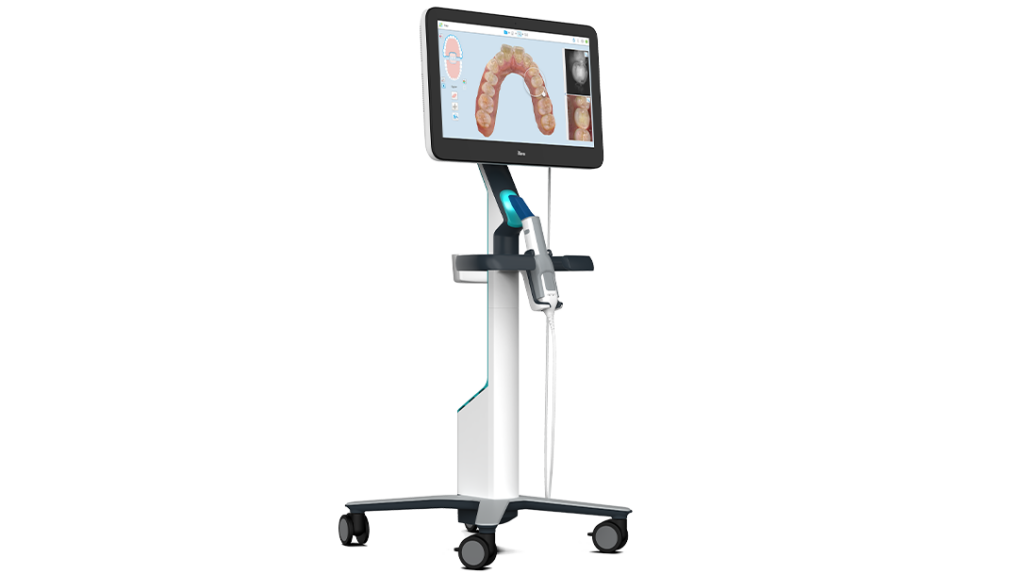
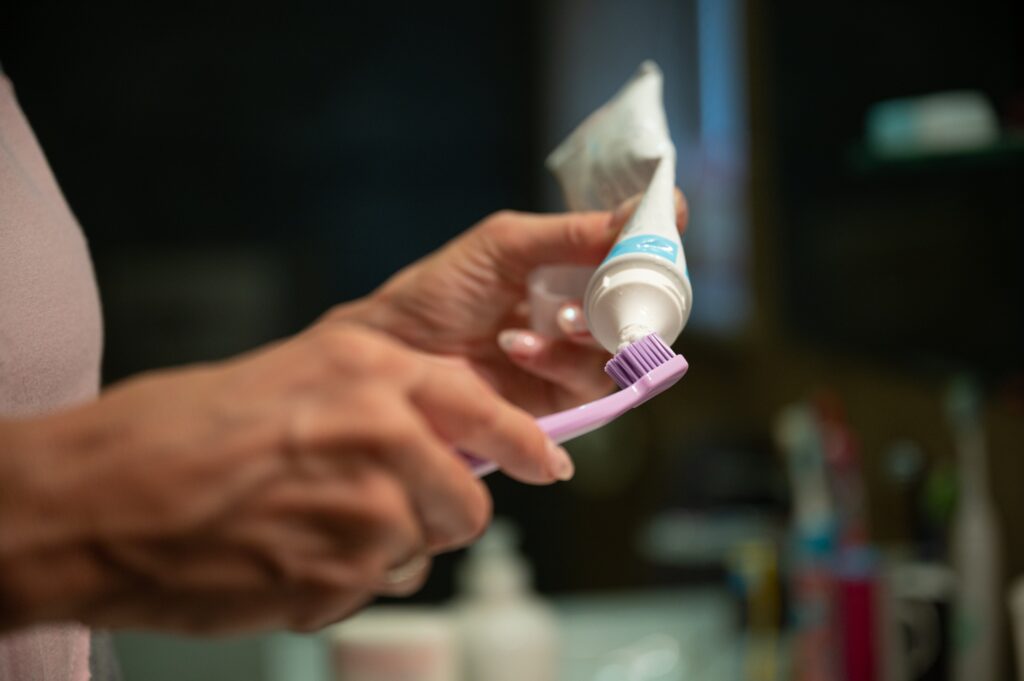

How Seasonal Weather in New Jersey Affects Your Oral Health
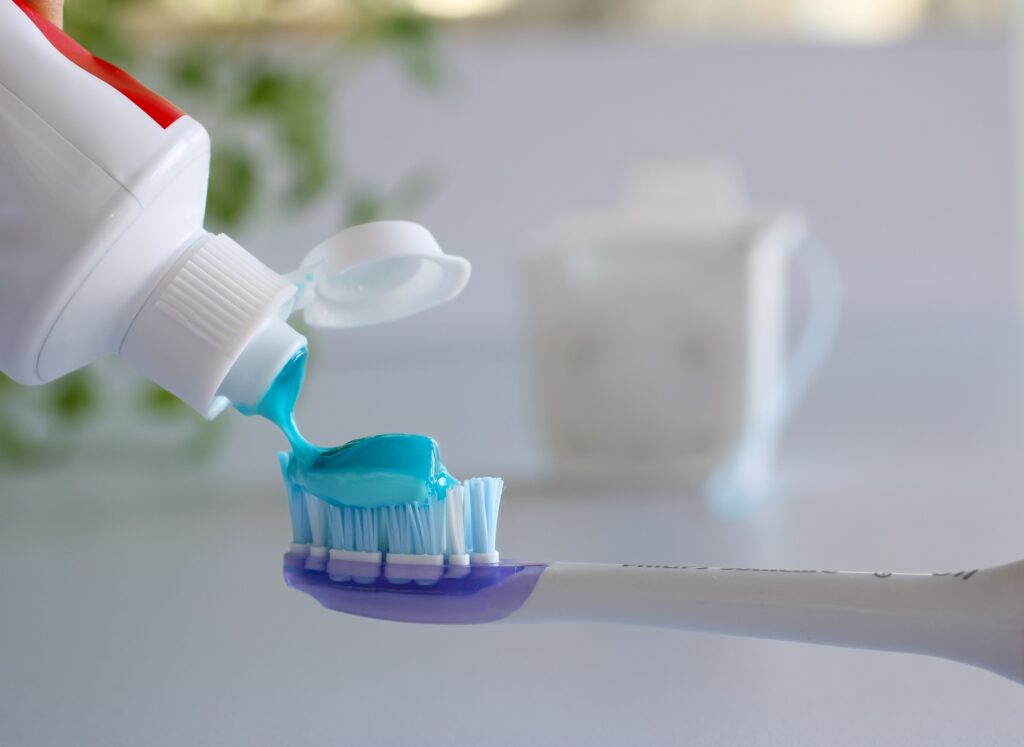
The Top 5 Goals to Maintain Dental Hygiene in 2025

Top 5 Dental Hygiene Tips for a Healthy Smile in 2025
Schedule an Appointment
For dental work near North Haledon, NJ, call us today. Our services include teeth cleanings, dental implants, teeth whitening, dental crowns and cosmetic dentistry. We services Bergen & Possaic counties & surrounding areas in New Jersey.
- 973-427-0300
- office@highmountaindentistry.com
- Mountainside Center
- 33 Sicomac Road, Suite 202 North Haledon, New Jersey. 07508
Related Posts

Tooth Pain? Here’s What to Do—and How High Mountain Dentistry Can Help
Tooth pain can disrupt your entire day—or even your entire week. Whether it’s a dull ache, sharp twinge, or persistent throbbing, dental discomfort should never be ignored. While over-the-counter remedies might offer temporary relief, it’s important to understand what’s causing the pain and how to treat it properly.

Experience Cutting-Edge Dental Care with High Mountain Dentistry’s New iTero Scanner
At High Mountain Dentistry, we’re always looking for ways to enhance your dental experience. That’s why we’re excited to introduce the latest addition to our practice: the iTero intraoral scanner. This state-of-the-art technology revolutionizes the way we capture dental impressions, offering a more comfortable, accurate, and efficient process for our patients.

Fluoride and Children: Why Early Protection Against Tooth Decay Matters
Fluoride has long been recognized as a cornerstone in the prevention of dental caries, particularly among children. Its role in strengthening tooth enamel and inhibiting the demineralization process is pivotal during the formative years when children’s teeth are developing.
